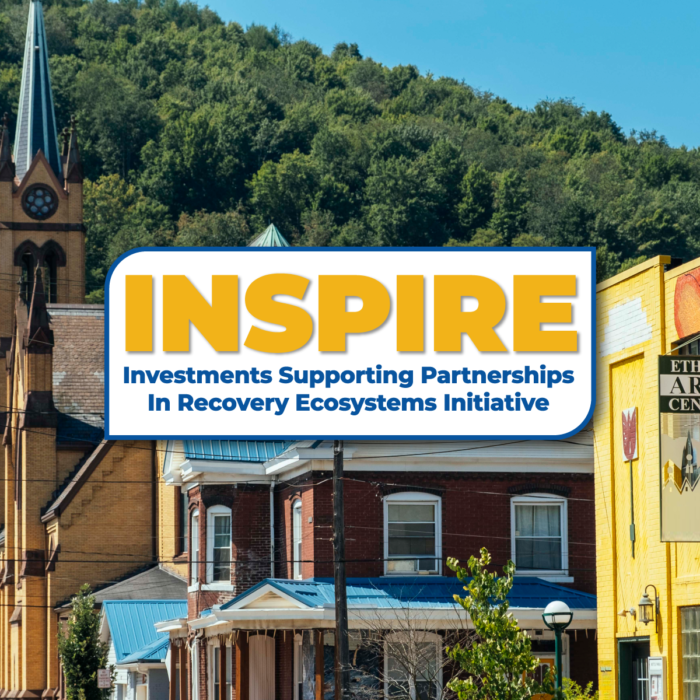Economic vitality starts with investing in people, especially the education, training and community systems they need to succeed. A strong workforce not only has the soft and technical skills needed by local industry, but also has access to fundamental supports that keep workers on the job. Reliable transportation, appropriate healthcare, safe and affordable housing, quality childcare, and recovery services for substance use disorder are all required to maintain labor force participation.
ARC grants invest in both sides of Appalachia’s workforce ecosystem — the education and training needed to get Appalachians on the job, and the support services to help them remain on financially sustaining career pathways and contributing to the region’s growth.
Investment Impact

Supporting Educational Opportunities and Institutions
Education begins at birth. While progress has been made, there is still a great need for more high-quality education opportunities for pre-school, K–12, post-secondary and adult education.
ARC investments support programs and institutions focusing on work readiness, technical skills and traditional and digital literacy skills that provide the building blocks students rely on to successfully navigate and access education and employment opportunities.

Equipping Workers with In-Demand Skills
A strong workforce ecosystem must convene education, economic development and industry representatives to ensure training meets industry needs and leads to employment.
ARC investments focus on building career pathway systems that help workers develop both hard and soft skills, especially in models that allow them to earn while learning and advancing.
These models include certificate programs, dual high school/college enrollment, credit for prior learning, on-the-job training and apprenticeships, and programs educating youth about high-growth occupations.

Developing Employment Supports for Appalachian Workers
In many communities, even if job opportunities are available, a lack of transportation, childcare, eldercare, affordable housing, food or other critical support makes them inaccessible.
An additional barrier for a disproportionate number of Appalachians is substance use disorder, which further undermines their access employment and education opportunities; care for their physical, mental, and financial well-being; and contribution to overall economic growth.
ARC investments support the development of systems that provide the services workers need to enter, remain and advance in their careers.
Evaluation of ARC’s Workforce and Education Investments


Expanding Access to Healthcare
Appalachians need access to comprehensive and affordable healthcare to ensure they are ready for work.
However, many communities do not have an adequate supply of medical professionals and facilities to meet physical and mental health needs, and telehealth is also not an option for those lacking reliable broadband service. ARC has a long history of investing in health facilities and, through our J-1 Visa Waiver Program, connecting physicians with areas that need care the most.
Looking ahead, our investments will focus on bridging access gaps and other social determinants of health.


